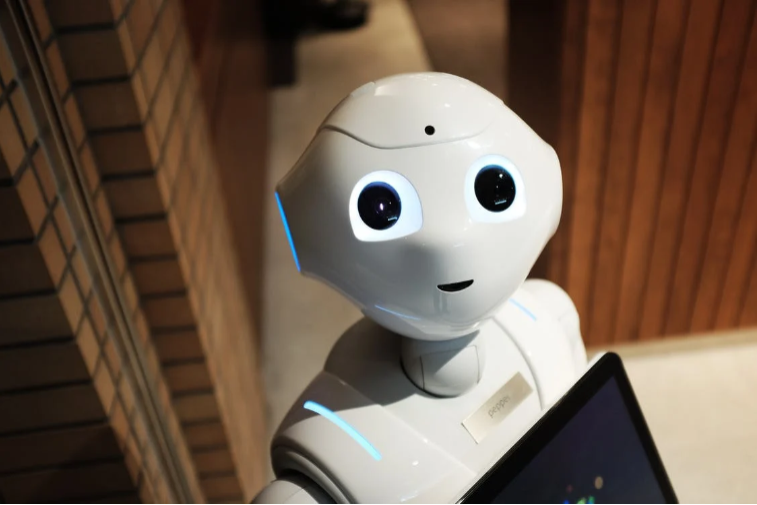A.I. might have found the potential cure for COVID-19, and it is already being tested in clinical trials.

Read More: Apple Online Store Down Amidst Preorders of New iPhone SE
The Tell of The Tale
BenevolentAI, a London startup's A.I., was the one responsible for figuring out the potential cure for COVID-19, the virus that attacks the respiratory system of an individual. Peter Richardson, Vice President of Pharmacology, went out of his office at home and screamed to his wife, "Got it!" as he explained that the A.I. pinged a drug that would be useful for testing if it'd be the cure.
The company created a one of a kind search engine on steroids, so to speak that sifts through the drug industry data and cross-references them with scientific research papers. In using this software, Richardson was able to identify a drug used for rheumatoid arthritis that might severely dampen the most harmful effects of the novel coronavirus.
The drug's name is baricitinib, under the brand name Olumiant. This was the drug identified that could potentially be one of the few drugs out there that can be a cure for the coronavirus. Richardson, as well as others from BenevolentAI, has already published two research papers stating some evidence as well as hypotheses.
Eli Lilly, the one who markets baricitinib announced that he is now working together with the U.S. National Institute of Allergy and Infectious Diseases on a large clinical trial of said drug as hospitalized COVID-19 patients will be tested upon.
Patrik Jonsson is the president of Lilly's biomedicines division, says that his group had not ever thought of baricitinib as a treatment for the infectious and life-dangering disease, COVID-19. He says, "I think COVID-19 in many ways will change the way we're getting work done,"
When Can We Expect Results
The clinical trials are expected to commence within this month in the U.S. and will most certainly expand to other countries like Asia and Europe. The results are expected to be available as early as June.
Jonsson, however, says it usually takes years to be able to design, organize, and launch a trial. The silver lining in all of what's going on is that the quick progression from the initial idea to clinical trials shows the determination of researchers and drug companies is against the coronavirus pandemic.
"I can't guarantee that baricitinib will work out OK, but there's huge unmet need," Jonsson said, and later added, "We don't know how to treat these patients."
Artificial Intelligence Potential To Help Drug Companies
The story of BenevolentAI is just one of the many stories that show people that the potential of A.I. to assist in the development of drugs to be able to quicken the pace of newer drugs to be introduced in the market.
Since the 1950s, the time, as well as the cost of developing new drugs, have exponentially increased due to safety standards. It's a popular opinion that computing power, as well as algorithms, can be able to shorten the development cycles.
![Apple Watch Series 10 [GPS 42mm]](https://d.techtimes.com/en/full/453899/apple-watch-series-10-gps-42mm.jpg?w=184&h=103&f=9fb3c2ea2db928c663d1d2eadbcb3e52)



